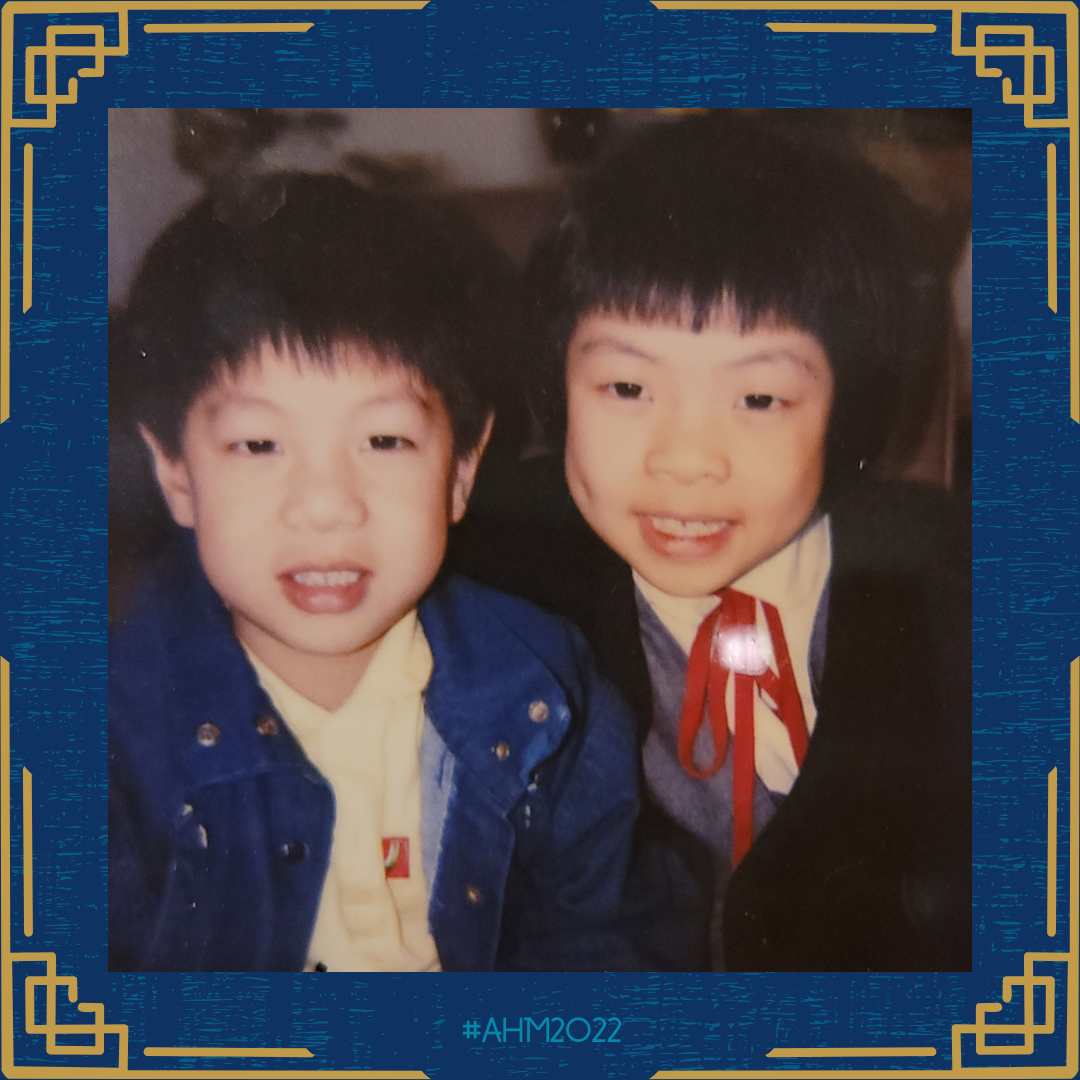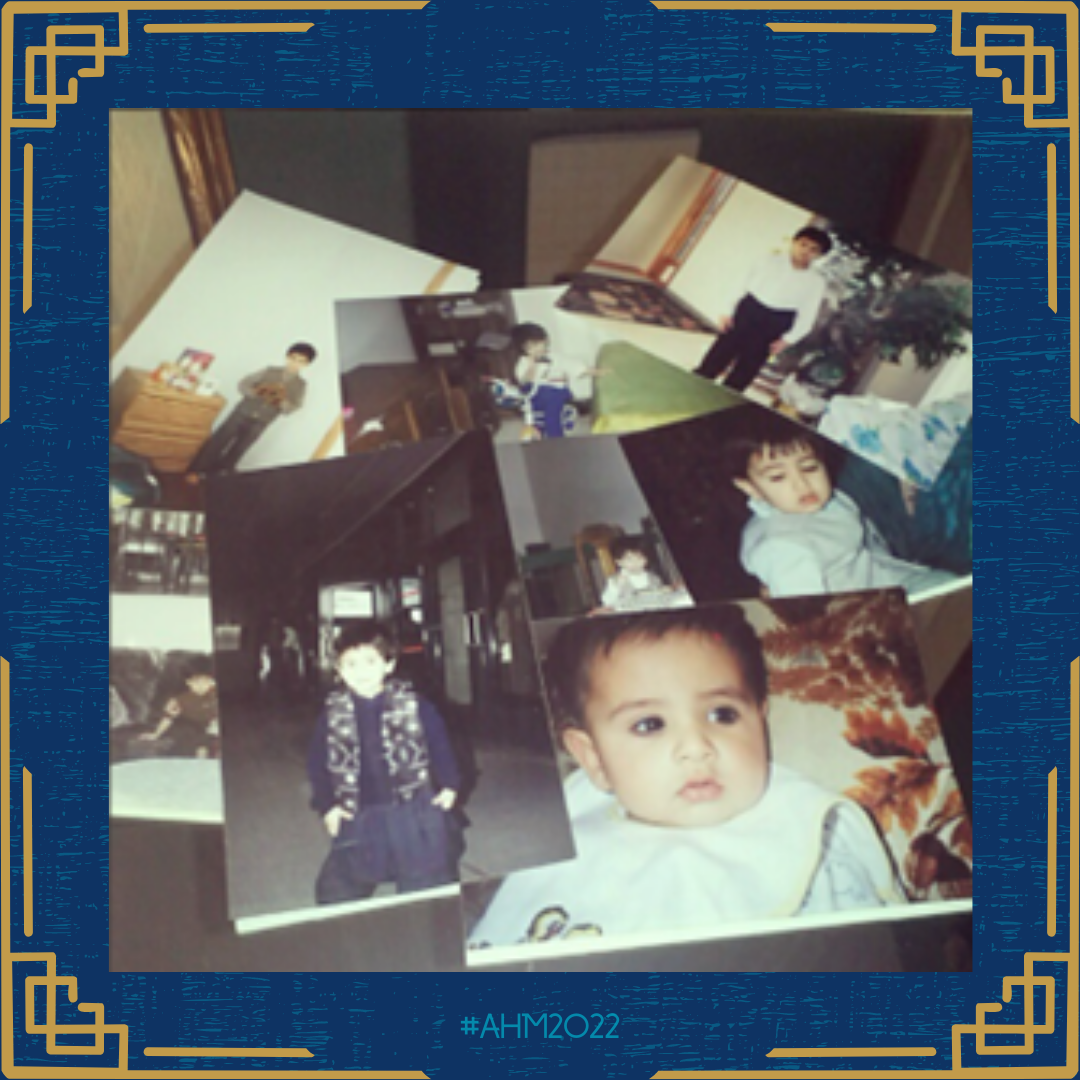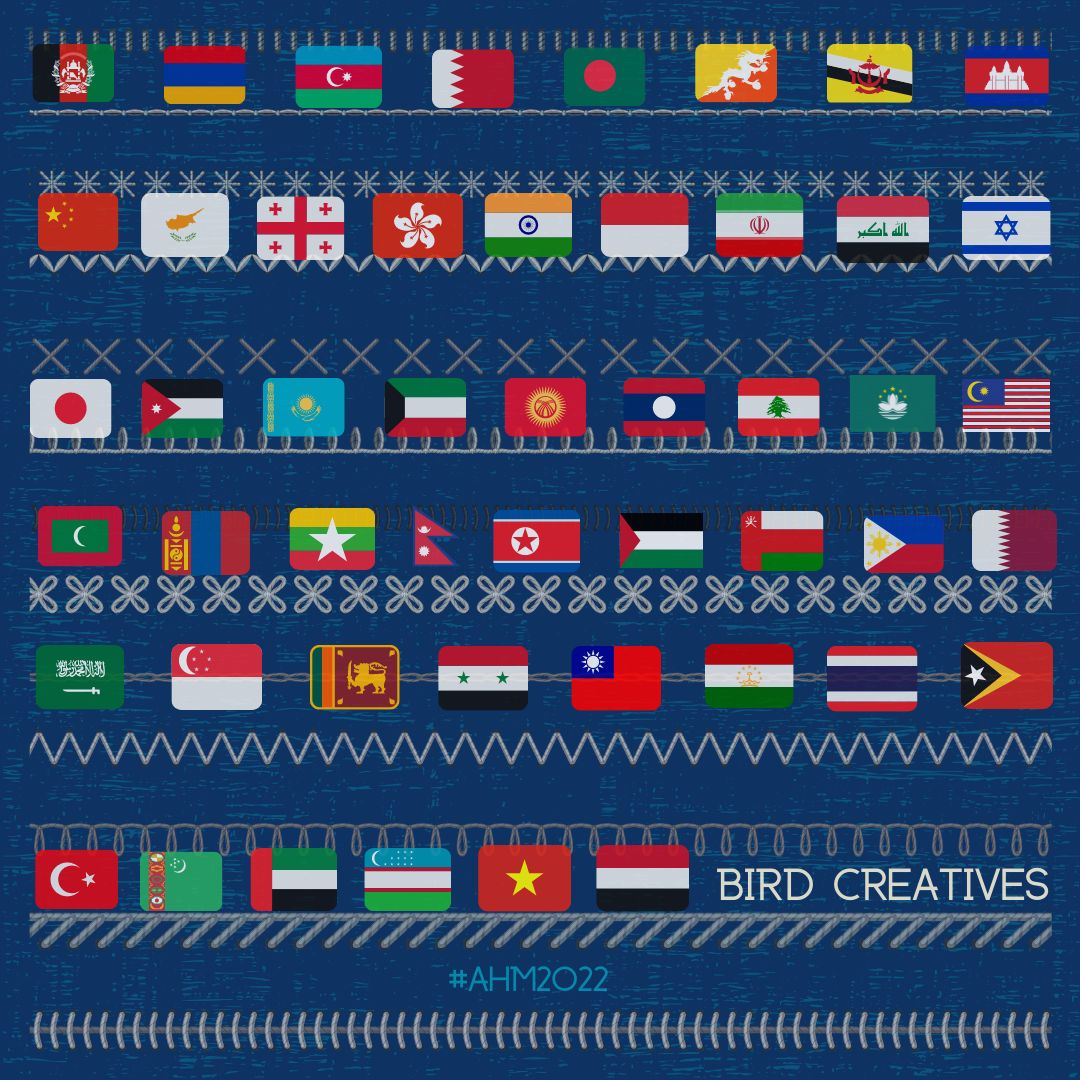Celebrating Asian Heritage Month 2022
MAY 18TH, 2022 | ASIAN HERITAGE MONTH, WHAT'S HAPPENING, CULTUREIn our first blog post we reflect on what it means to be Asian Canadian!
Birdwatching takes on a whole new meaning with the introduction of Bird is the Word, our blog hub for project updates, feature stories, and whatever we (or you) want!
For our first entry, in honour of Asian Heritage Month, creatives Sharon Lee, Marc Tran, and Haider Ali reflect on what it means to be Asian Canadian and discuss what they would like people to take away from Asian Heritage Month.
Sharon Lee
WHAT DOES BEING ASIAN CANADIAN MEAN TO YOU?
I’m a second-generation Chinese Canadian. My parents went to university in Ontario and decided to immigrate to Canada afterwards. Although I was born in Canada, I was able to spend some time in Hong Kong for 10 years. Through that, I learned more about my Chinese heritage and identity.
So being Chinese Canadian means that I have the opportunity to bring my heritage and learnings to contribute to Canadian society. I am proud to be Canadian and Chinese, and I think as I get older, I will continue to learn, evolve and find my way and my role to honour both cultures.
WHAT IS THE ONE THING YOU WOULD LIKE PEOPLE TO GET OUT OF ASIAN HERITAGE MONTH?
Asian culture is so rich! It is great that people always want to learn more about our food and cultural practices. At the same time, I think Asian Heritage Month also provides an opportunity for all of us to reflect on the roles we play to create a more inclusive society.
There has been an increase in hate crimes committed against Asians since the start of the pandemic. Every time I see a video or read the news about a senior being spat on or pushed over, it breaks my heart. My parents immigrated here because they believed that Canada is an inclusive, diverse country, and I can’t help but think how they felt when they saw those videos.
I’m happy to see that Calgary has joined 30 municipalities in Canada to proclaim May 10 a day of action against anti-Asian racism, and I hope that the conversations and actions generated from that day will continue.
If all of us step up, I believe that we can build a better Canada where my grandma won’t have to worry when she is walking to get groceries and my kids won’t have to worry about being bullied because of their skin colour. That’s my hope.
HAIDER ALI
WHAT DOES BEING ASIAN CANADIAN MEAN TO YOU?
I'm the youngest of four siblings born to proud Pakistani parents. My dad first immigrated to Canada in the late 80s, followed by my mom and three older sisters in the early 90s.
My parents and sisters have always had a strong connection to Pakistan, but I being the only one born here, have had a tougher time reconciling my Pakistani and Canadian identities. In fact, I spent many years as a kid and teenager shunning my Pakistani identity in an attempt to fit in.
In recent years, I’ve realised that being Asian Canadian means being able to accept both parts as inherent to who I am and as a superpower allowing me to merge two worldviews. These days, when I see my nieces and nephews embrace their Asian roots without the same barriers or hesitations I faced, I get a little prouder and more optimistic about the future.
WHAT IS THE ONE THING YOU WOULD LIKE PEOPLE TO GET OUT OF ASIAN HERITAGE MONTH?
Asian communities have been part of Canada’s story since the beginning. Before Canada's confederation, the first Chinese immigrants arrived in British Columbia in 1858, and the first South Asian communities, a majority of them Sikhs, arrived in 1903. Despite being there from the start, Asian communities had to become resilient to the treatment they would face.
From everyday discrimination, the racist immigration policies of the early 20th century to Japanese internment during World War II, these communities have had to face hideous obstacles.
This Asian Heritage Month, I want people to see past the monolith of the Asian continent to its many rich, diverse parts and learn about those groups' contributions to the Canada we know today.
Marc Tran
WHAT DOES BEING ASIAN CANADIAN MEAN TO YOU?
My sister and I were born to a Vietnamese father and Filipino mother. We were exposed to two unique cultures growing up.
My parents shared their culture with us primarily through food. I remember as a kid, learning through TV shows and movies the stereotype that kids "hate" their vegetables… I couldn't relate. My parents’ cooking was just too good.
While Asian food was something my parents were more than happy to share with my sister and me, language and tradition were not. I never learned the native languages that either of my parents spoke. Growing up, I always wondered why they wouldn't teach me.
Now, as an adult who has made friends with other first and second-generation Asian Canadians, I learned that the hesitation that many Asian parents have in teaching their kids their native tongue is relatively common.
Many factors contribute to parents not wanting to teach their children any language other than English, including the pressure to assimilate, fears that learning another language would come at the expense of learning English, traumatic experiences in the home country, being lower-income, intense work schedules, and more.
With this in mind, I began to appreciate, unconditionally, my parents' hard work and the sacrifices they made in raising me and my sister in what must have been, in their eyes, 30 years ago, a daunting new country.
WHAT IS THE ONE THING YOU WOULD LIKE PEOPLE TO GET OUT OF ASIAN HERITAGE MONTH?
Asian history is, in so many ways, tied to Canadian history. Many people know of Chinese Canadians’ role in building and maintaining the Canadian Pacific Railway, a project so significant that the famous photo of "The Last Spike" (a photo featuring no Chinese people) lives in all of our passports.
There are also many achievements of Asian Canadian communities and individuals that fly under the radar. I think it would be great for people to check out the rich and storied history of Asians in Canada, understand the cultural impact that different Asian communities have made across the country, and appreciate our country's strides to be more welcoming of everyone.
“If you are planning for a year, sow rice; If you are planning for a decade, plant trees; If you are planning for a lifetime, educate people.”
— Chinese Proverb
Resources
In writing this blog, we’ve come across some great resources that you can utilise as a jumping-off point on your learning journey:
Many people don’t know what to do when they witness hate crimes, and the one thing I hope people can get out of this month is to learn what you can do. The Government of Canada has a toolkit, and ACT2endracism also has a list of resources to help.
Check out this list of interesting and notable Asian Canadians
Read more on Asian Canadian history
Find Asian Heritage Month resources and events happening in Calgary




